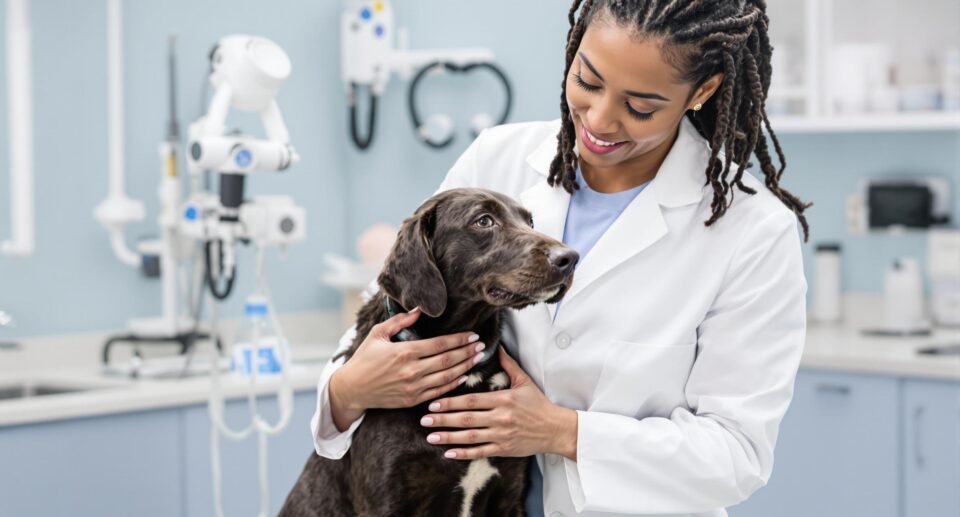What Causes Urinary Tract Infections in Dogs?

Urinary tract infections in pets are common. A urinary tract infection is defined as an infection caused by bacteria, fungi, or parasites in the urinary tract, which includes the kidneys, ureters, bladder, and urethra. The infection is usually caused by bacteria in the environment or the intestines that enters the urethra and proliferates in the urinary bladder. Urinary tract infections may lead to increased frequency of urination, urgency, bloody urination, and inappropriate urination in your pet. Urinary tract infections occur more often in dogs and less often in cats.
The most common source of urinary infections in pets is fecal contamination and subsequent spread of bacteria up the urinary tract. Common bacteria involved include staphylcoccus, streptococcus, proteus, and E coli.
Key facts about urinary tract infections in dogs and cats
- Urinary tract infections are more common in dogs than cats.
- Pet urine obtained as a first morning sample, or with a needle by your veterinarian, is the preferred method of diagnosis of urinary tract infections.
- Urinary tract infections are best treated with a course of antibiotics.
- Prognosis for a cure is excellent as long as predisposing factors are addressed.
Which pets are most at risk for developing a urinary tract infection?
Urinary tract infections are more common in dogs than in cats. Overweight pets with extra skin folds are at risk. Some female pets may have inverted vulvas that lead to bacterial buildup and secondary urinary tract infections. Very often, pets with weaker immune systems including geriatric pets as well as those with dental disease will more likely be prone to urinary tract infections. Chronic diseases such as diabetes, Cushing’s Disease, cancer, and immune suppressive viruses in cats such as feline leukemia (FeLV) and feline immunodeficiency Virus (FIV) may lead to urinary infections as well. Pets with a history of urine dribbling and involuntary urination also should be evaluated for urinary tract infection prior to starting medications such as Proin (for dogs) for urine incontinence.





